Unraveling the EU AI Act
With the EU AI Act’s sweeping requirements on their way, companies will need to take precise steps to demonstrate AI risk management
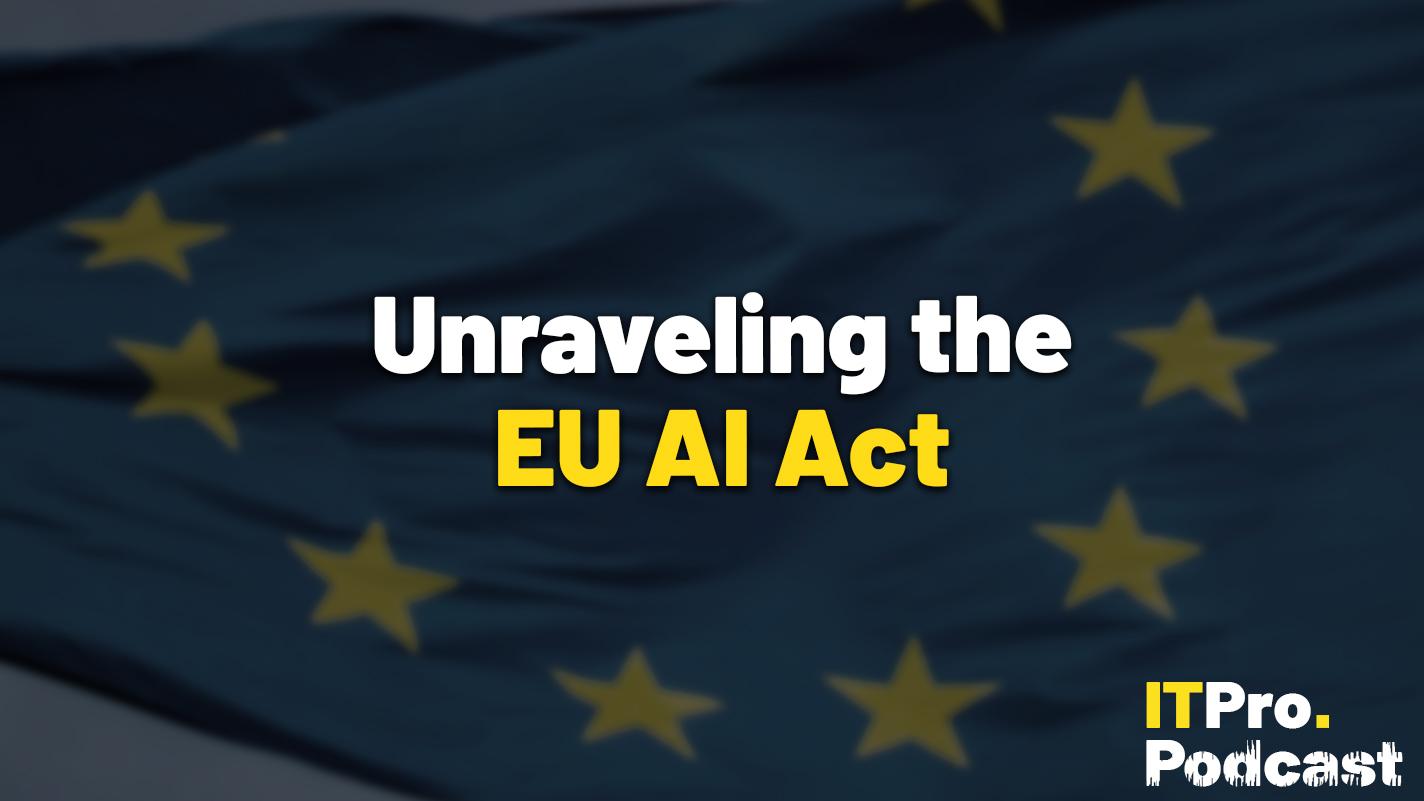

The EU’s AI Act has been approved, bringing in sweeping requirements, controls, and regulations for the development and use of AI tools throughout the region.
But what are the precise measures it brings in, how can businesses prepare for the new rules, and what are the penalties for non-compliance?
In this episode, Rory speaks to Nader Henein, VP Analyst at Garner, to explore the implications of the EU AI Act, how companies can prepare for the measures it brings in, and what it means for AI use worldwide.
Highlights
“The AI Act requires organizations to provide transparency to consumers. So if you’re going to process somebody's personal data, if you're a B2C organization and you're processing consumer data, you need to tell them, ‘Hey, this data you're sharing with us, we're going to use automated decision making to make certain decisions,’ you have to tell people. That requirements for transparency will surface potential violations to the GDPR.”
RELATED WHITEPAPER

“A lot of organizations, because of the association of privacy and AI usage of personal information, they're going to pile on some additional responsibility potentially on their DPO or on their privacy team. That's where I expect, initially, the responsibility to sit because if you look at the AI Act most use cases that fall in the prohibited or in the high risk have association with processing of personal information. So it's kind of natural to reach out to the privacy team and say, ‘Hey, can you help us out?’”
“The AI Act is the first iteration of this legislation. Is it perfect? No, it's not. Is it going to be revised in ten years and improved and made more fit for purpose? Yes, it will be. Is it going to take ten years for that revision to happen? Potentially not. The technology is evolving quite fast, so we may find in five years amendments or changes being made to the AI Act to align it better. ”
Footnotes
- How the EU AI Act compares to other international regulatory approaches
- How will the EU AI Act affect businesses?
- EU hammers out deal on AI Act, but it may have missed the mark
- France, Germany, and Italy align themselves on AI regulation, but the EU may not like it
- European AI startups risk being “regulated out of existence” under EU AI act
- What is GDPR? Everything you need to know, from requirements to fines
- GDPR costs are forcing firms to rethink data strategies
Subscribe
- Subscribe to The ITPro Podcast on Apple Podcasts
- Subscribe to The ITPro Podcast on Spotify
- Subscribe to the ITPro newsletter
- Join us on LinkedIn
Get the ITPro daily newsletter
Sign up today and you will receive a free copy of our Future Focus 2025 report - the leading guidance on AI, cybersecurity and other IT challenges as per 700+ senior executives

Rory Bathgate is Features and Multimedia Editor at ITPro, overseeing all in-depth content and case studies. He can also be found co-hosting the ITPro Podcast with Jane McCallion, swapping a keyboard for a microphone to discuss the latest learnings with thought leaders from across the tech sector.
In his free time, Rory enjoys photography, video editing, and good science fiction. After graduating from the University of Kent with a BA in English and American Literature, Rory undertook an MA in Eighteenth-Century Studies at King’s College London. He joined ITPro in 2022 as a graduate, following four years in student journalism. You can contact Rory at rory.bathgate@futurenet.com or on LinkedIn.
-
 Cleo attack victim list grows as Hertz confirms customer data stolen
Cleo attack victim list grows as Hertz confirms customer data stolenNews Hertz has confirmed it suffered a data breach as a result of the Cleo zero-day vulnerability in late 2024, with the car rental giant warning that customer data was stolen.
By Ross Kelly
-
 Lateral moves in tech: Why leaders should support employee mobility
Lateral moves in tech: Why leaders should support employee mobilityIn-depth Encouraging staff to switch roles can have long-term benefits for skills in the tech sector
By Keri Allan
-
 Four-day weeks and Nadella's AGI skepticism
Four-day weeks and Nadella's AGI skepticismITPro Podcast As the Microsoft chief casts doubt on ultra-advanced AI systems, a famous security blogger has fallen victim to a classic attack
By Rory Bathgate
-
 Creating space for women in tech
Creating space for women in techITPro Podcast Tech's huge gender divide can only be tackled with more welcoming, proactive sectoral efforts
By Rory Bathgate
-
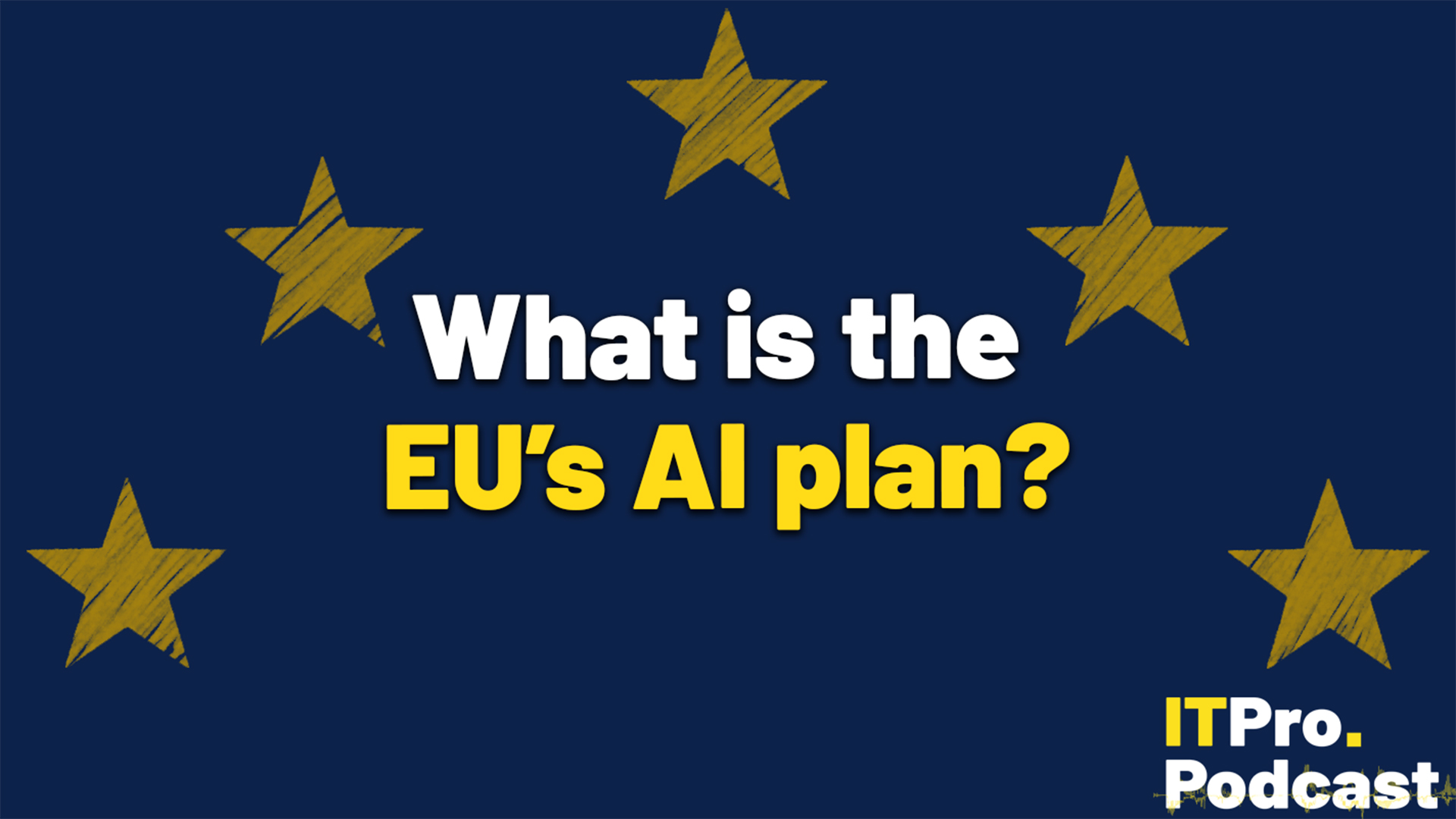 What is the EU's AI plan?
What is the EU's AI plan?ITPro Podcast As the EU moves to enable AI innovation, it could end up striking the perfect balance between regulation and public support – especially as US AI laws become more complex
By Rory Bathgate
-
 The trends we’re watching in 2025
The trends we’re watching in 2025AI for security and sovereign cloud could be top driving forces in the coming year
By Jane McCallion
-
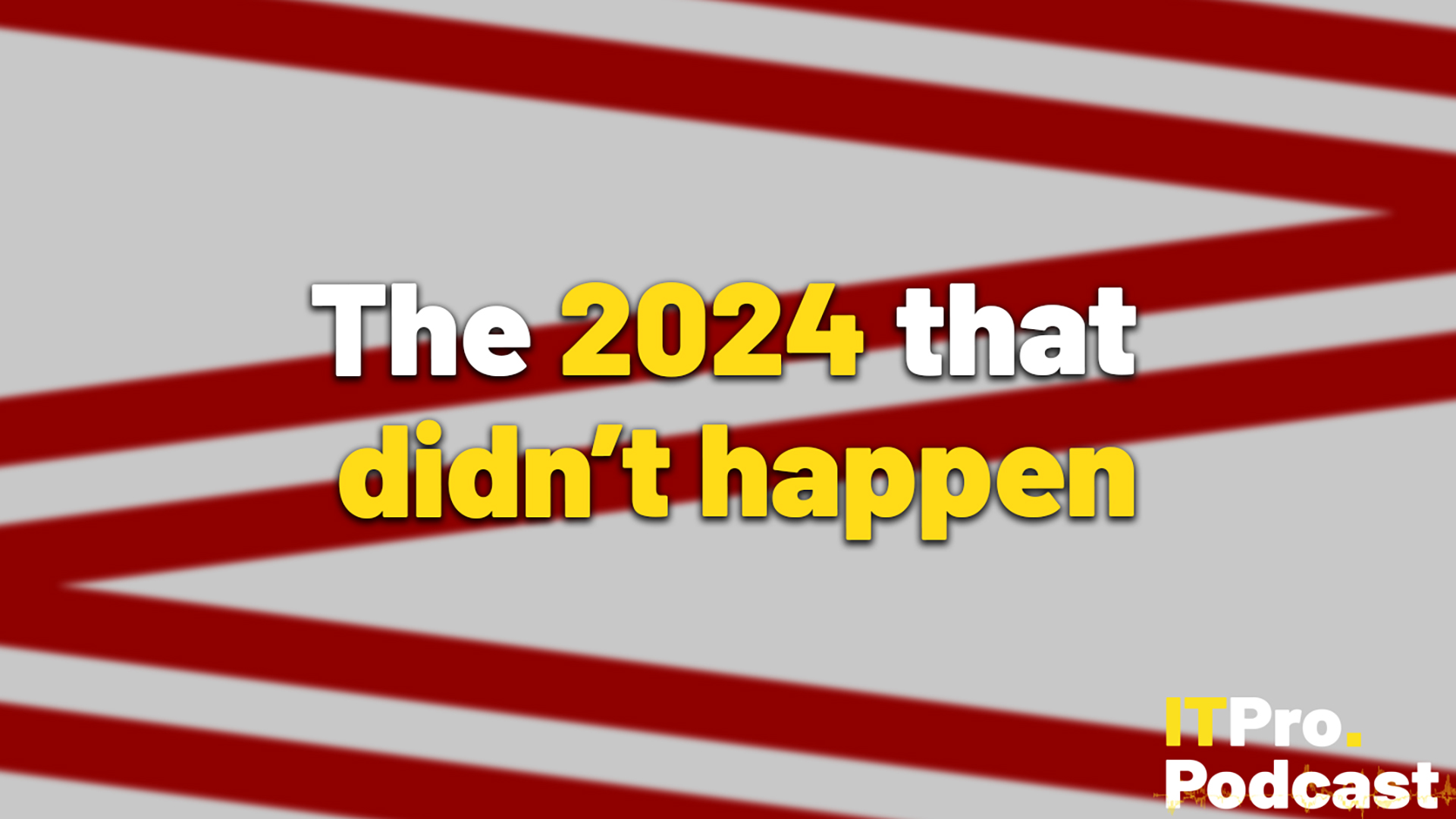 The 2024 that didn't happen
The 2024 that didn't happenThese are the megatrends of the year that failed to materialise
By Jane McCallion
-
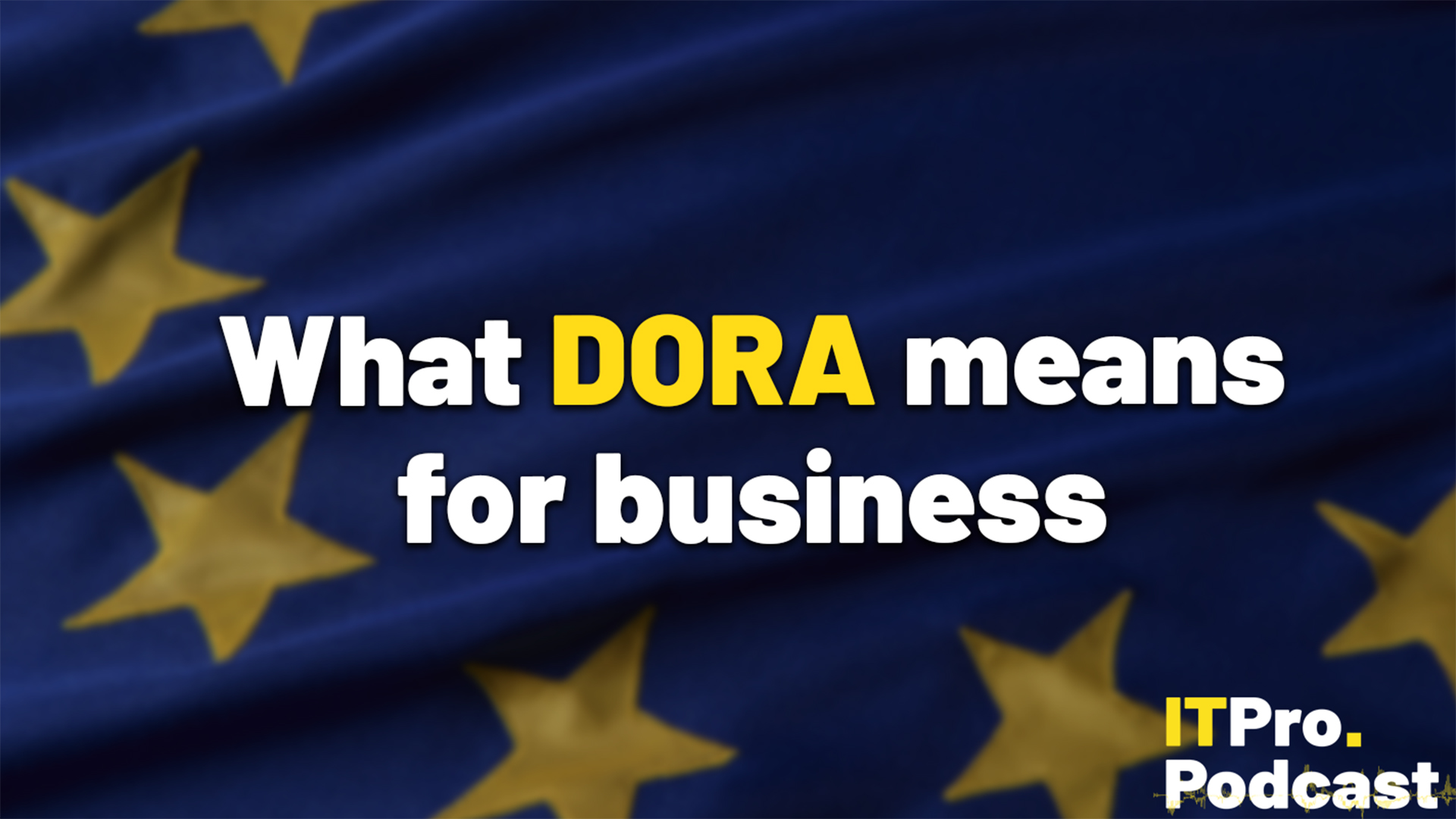 What DORA means for business
What DORA means for businessITPro Podcast Stringent requirements for third party monitoring and ongoing resilience testing could help put businesses on the best track for security
By Rory Bathgate
-
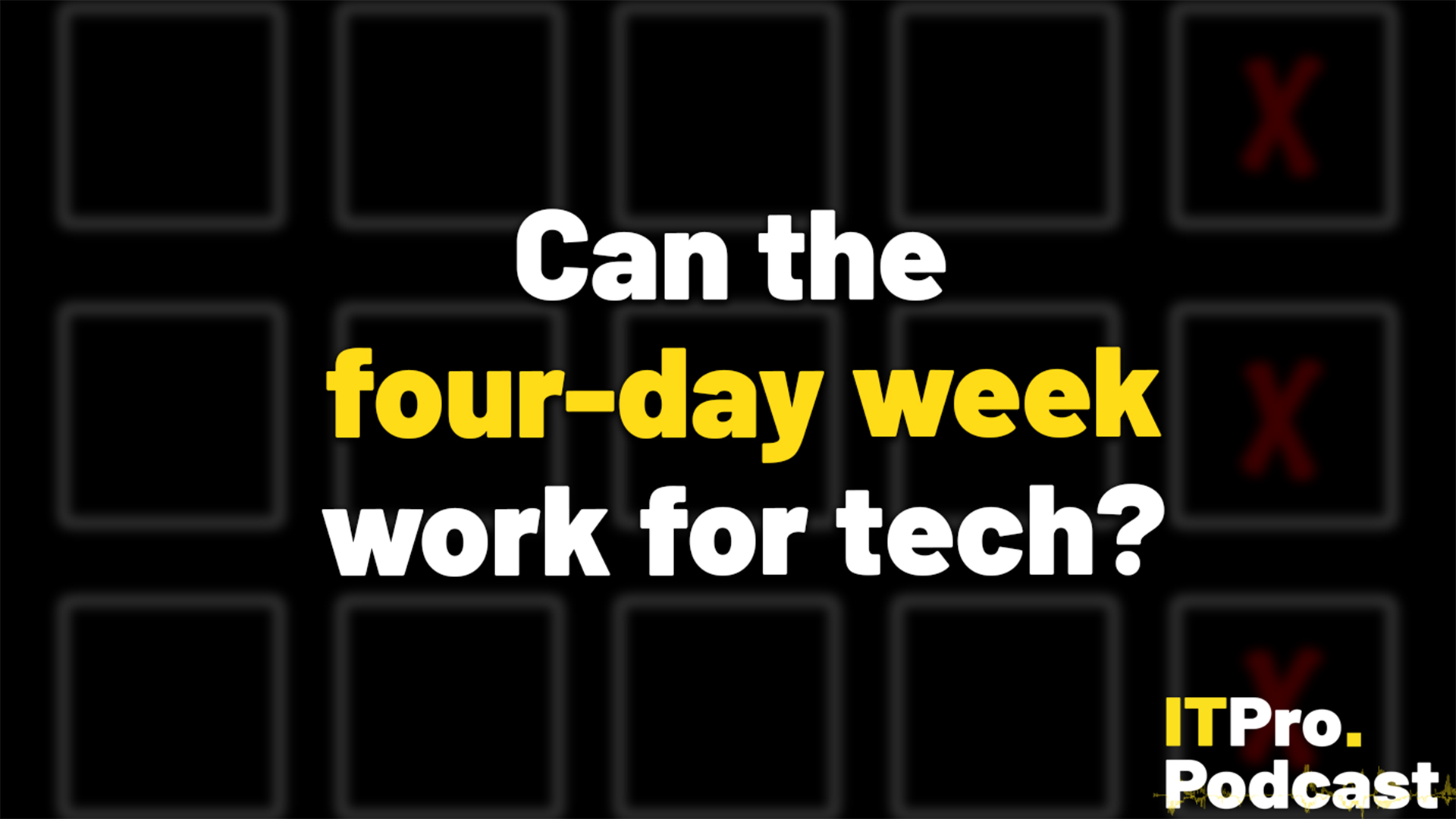 Can the four-day week work for tech?
Can the four-day week work for tech?ITPro Podcast As the four-day week gives Icelandic workers a boost, we also look at whether AI coding is up to scratch – and if OpenAI can keep its funding momentum
By Rory Bathgate
-
 How to sell cyber security without the FUD
How to sell cyber security without the FUDITPro Podcast A trusted network of cybersecurity marketing professionals can help professionals cut through at the board level
By Rory Bathgate